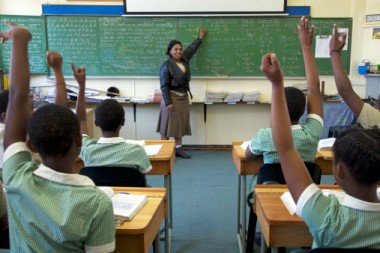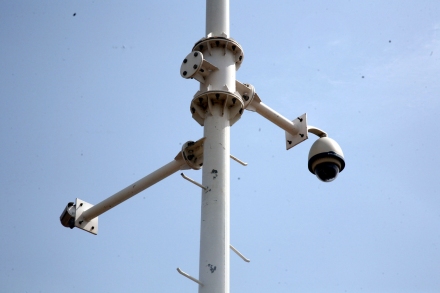Rural farmers in the federal capital territory (FCT) have pleaded with the federal government for land allocations to enable them embark on massive production of food.
The farmers made the demand recently in Abuja, during an Avian Influenza (AI) sensitisation campaign and interactive session with rural farmers in Jikwoyi Phase 4, Karu local government area of the FCT, organised by the African Centre for Food, Agriculture and Sustainable Development AFRI-CASD
The farmers, among other challenges, bitterly complained on non-availability of land as a major constraint to farmers in the FCT.
Former Deputy Director Pest Control at the Ministry of Agriculture, Mr Joseph Olorunda who Spoke on behalf of the farmers, affirmed that, to embark on a large scale farming, which will be beneficial to the country, there is need for the government to support farmers on acquisition of land for this purpose.
According to him, most of the land used for farming in the nation’s capital is either on lease or borrowed.
Earlier, the executive director, Afri-CASD, Mr Bamidele Adanikin, expressed dissatisfactions over the challenges often faced by Nigerian farmers despite the importance of Agriculture to reviving the country’s economy.
He explained that not only are farmers at the mercy of buyers of farm produces, but are often faced with post-harvest losses in terms of perishable produces.
Adanikin stressed the need for the establishment of agriculture commodity marketing board by the government, so as to reward the labour of farmers.
While speaking on the FG’s free meal scheme for schools, the Executive Director, urged the Federal Government to develop a policy that will ensure that food commodities are gotten directly from local farmers.
He said, food commodities such as Rice, Garri, Fishes among others should be purchased directly from local farmers rather than importing these from other countries.




